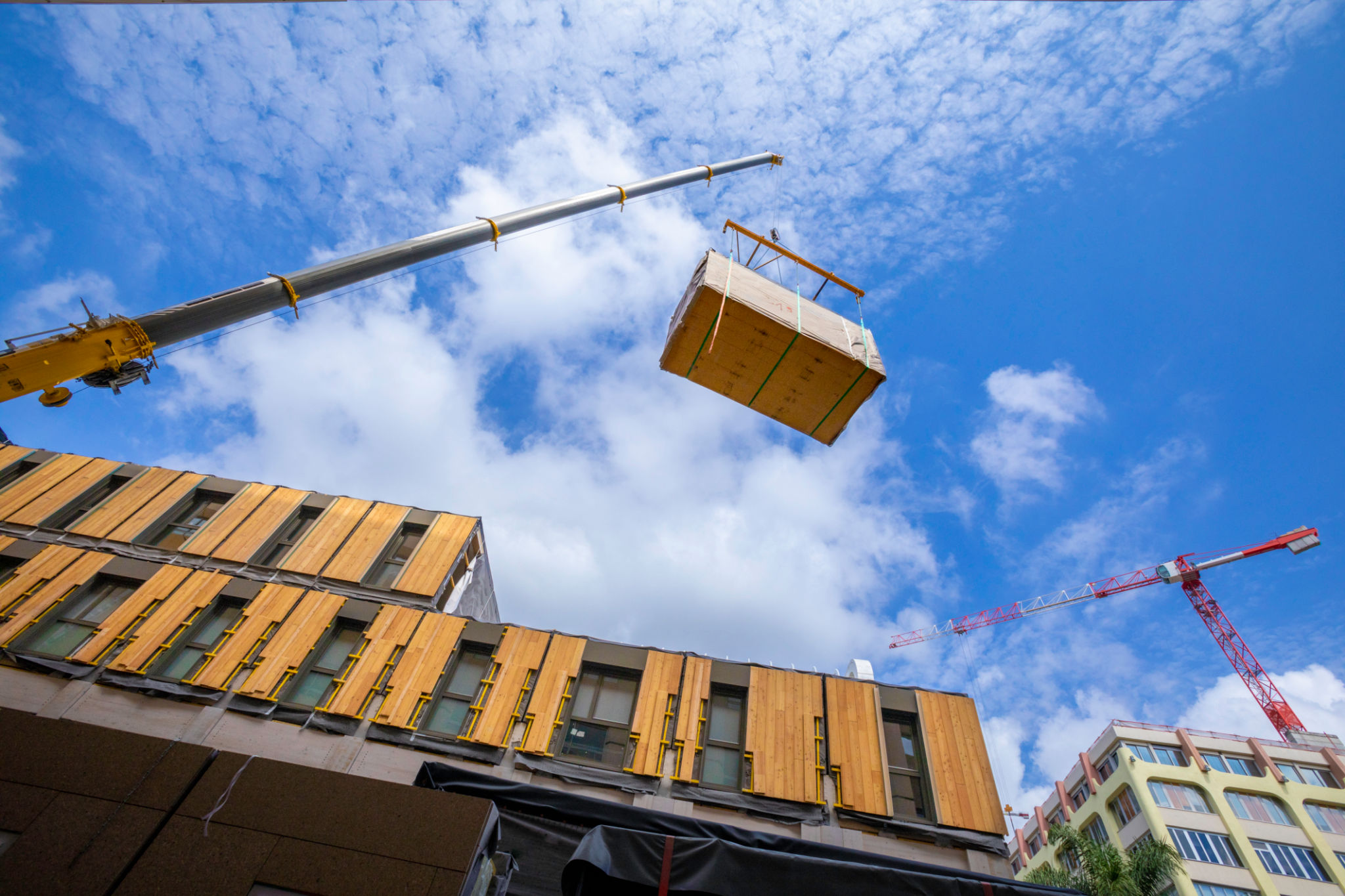The Impact of Weather on Building Materials: Choosing the Best for Lisboa’s Climate
Understanding Lisboa's Climate
Lisboa, the charming capital of Portugal, is known for its unique Mediterranean climate. With mild, rainy winters and warm, dry summers, the city presents specific challenges for builders and homeowners when it comes to selecting the appropriate building materials. Understanding the nuances of this climate is crucial for making informed decisions that ensure durability and sustainability.

Effects of Humidity on Building Materials
The humid conditions prevalent during the winter months can significantly impact building materials. Moisture can lead to issues such as mold and mildew, which are not only unsightly but can also compromise the structural integrity of a building. Therefore, it is essential to choose materials that are resistant to moisture absorption.
Materials like treated wood or specially designed composite materials can offer enhanced resistance to moisture. Additionally, employing proper insulation techniques can help mitigate the effects of humidity by maintaining consistent indoor temperatures.
Choosing Durable Materials for High Temperatures
During the summer, Lisboa experiences high temperatures that can affect certain materials, causing them to expand or deteriorate over time. To combat this, builders should look for materials that can withstand thermal expansion without losing their structural integrity.

Concrete and stone are excellent choices due to their ability to endure high temperatures. These materials not only provide durability but also help in maintaining cool interiors, reducing the reliance on air conditioning systems.
The Importance of Wind Resistance
Lisboa's proximity to the Atlantic Ocean means it occasionally experiences strong winds. Buildings must be designed to resist these forces to prevent damage. Utilizing wind-resistant materials and construction techniques is essential in such an environment.
For instance, reinforced glass and specially engineered steel frames can provide additional strength against wind pressures. These solutions help in maintaining the safety and longevity of structures in windy conditions.
Sustainability and Environmental Considerations
With increasing awareness about environmental impact, choosing sustainable building materials has become more important than ever. In Lisboa, incorporating locally sourced materials not only reduces carbon footprint but also supports local economies.

Materials like cork, which is abundant in Portugal, offer excellent insulation properties and are a sustainable choice. Additionally, recycled materials can be utilized in construction to further enhance environmental responsibility.
Maintenance Practices for Longevity
The choice of materials is just one part of ensuring the longevity of buildings in Lisboa's climate. Regular maintenance practices are equally important in prolonging the life of structures. This includes routine inspections and timely repairs to address any wear and tear caused by weather conditions.
Implementing a maintenance schedule that focuses on key areas like roofing, sealants, and external finishes can help prevent minor issues from escalating into significant problems.
Conclusion: Making Informed Choices
Understanding the impact of Lisboa's weather on building materials is essential for anyone involved in construction or renovation projects in the area. By selecting materials that align with the city's climatic conditions, builders can ensure the durability, safety, and sustainability of their projects.

Ultimately, making informed choices about building materials not only enhances structural integrity but also contributes to a more sustainable future for Lisboa. By considering factors like humidity, temperature fluctuations, wind resistance, and sustainability, builders can create resilient structures that stand the test of time.
